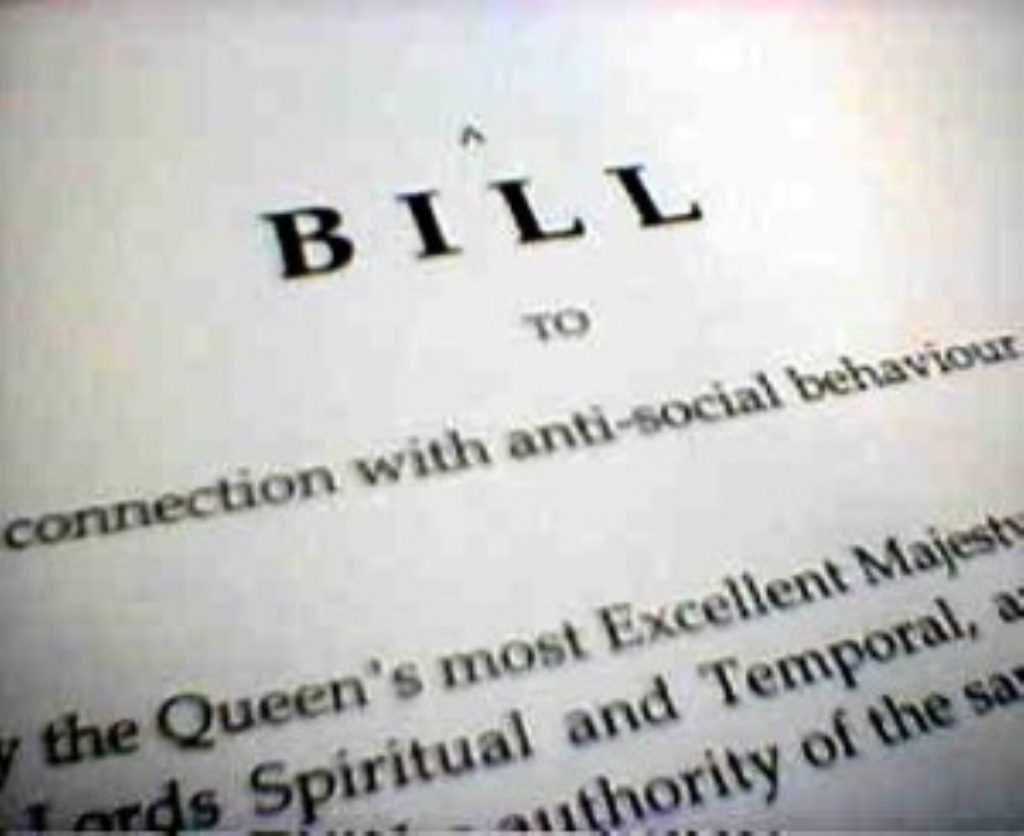Backbencher power declines, figures show
MPs hoping to tackle issues close to their hearts by creating their own pieces of legislation had less chance of doing so in the last Parliamentary session than in any of the previous twenty years.
Of the 20 Private Members’ Bills introduced into Parliament this year, only five became law.
Research by politics.co.uk found this was the lowest number for a full session of Parliament in at least twenty years. It is also the lowest tally since the short session preceding the 2001 General Election when no Private Members’ Bills were passed.
By comparison, 13 bills became law in the 2002 – 2003 Parliamentary session and the High Hedges Bill was incorporated into the Anti-Social Behaviour Act.


The Hansard Society said the statistics were proof that backbenchers’ powers were being reduced
Declan McHugh, director of the society’s parliament and government programme, told politics.co.uk Private Members’ Bills were “one of the few opportunities MPs have” for involvement in the parliamentary process.
“What it shows is how difficult it is for backbench MPs to have a creative role in the legislative process. On the whole they are very much limited to agreeing or disagreeing with government legislation,” he said.
“It’s a kind of diminution of backbenchers’ role in the legislative process.”
Jim Sheridan’s Gangmasters (Licensing) Bill, which tackles the abuse of temporary workers by unregulated gangmasters, headed the list of bills to receive Royal Assent in the current session. Introduced at the beginning of the year, it was given added impetus by the deaths of 21 cockle pickers in Morecambe Bay in February.
Other Private Members’ Bills introduced in this session covered equal opportunities for carers, Christmas day trading, sustainable and secure buildings, and the digging up of roads by utility companies.
Alex Brazier, a senior research fellow at the Hansard Society, said so many Private Members’ Bills failed because parliamentary procedure allowed them to be defeated by a single MP, even if they commanded strong overall support.
The rules also allowed the Government too much control, he said.
“If the people who have finished high in the ballot put through bills the Government really doesn’t want, unofficially the whips can make sure they don’t go through.”
In a book shortly to be released by the society, Mr Brazier calls for changes to procedures to allow well-supported bills to be “carried over” so they are not lost at the end of a session, and for more time to be given to Private Members’ Bills on Tuesday and Wednesday evenings.
He also suggests Parliament set up a Private Members’ Bill select committee that could guarantee PMBs a “timetable” in the House if they were well supported.
The book, entitled ‘Parliament, Procedure and Law Making’ and edited by Mr Brazier, will be published on December 8.
The Private Members’ Bills to receive Royal Assent this Parliamentary session are as follows:
Carers (Equal Opportunities) – Dr Hywel Frances (Lab)
Christmas Day (Trading) – Kevan Jones (Lab)
Gangmasters (Licensing) – Jim Sheridan (Lab)
Highways (Obstruction by Body Corporate) – Michael Jabez Foster (Lab)
Sustainable and Secure Buildings – Andrew Stunnell (Lib Dem)











